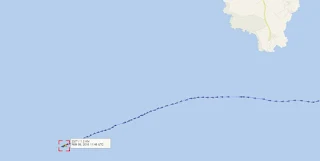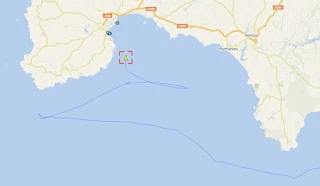Note to diary:
Thursday, November 25, at 2:30 p.m.
This is the date chosen by the National Fisheries Committee, the three regional committees and the departmental fisheries committees bordering the Channel (Hauts-de-France, Normandy and Brittany) to unveil, during a decentralised press conference, the blocking actions they intend to carry out, the next day, to show the British their determination to obtain the fishing licenses to which they believe they have the right in the waters of the Channel Islands and the UK 6 to 12 miles.
According to Olivier Leprêtre, president of the Hauts-de-France regional fisheries committee, these actions will target more flows to the United Kingdom than those coming from it.
The Secretary of State for European Affairs, Clément Beaune, who had met his British counterpart David Frost on Sunday evening, followed on Monday 22 with the Vice-President of the European Commission in charge of Brexit, Maros Sefcovic. He reminded him of the importance of this issue that the European Commission, obsessed with the Irish border issue, did not “take seriously enough at the start If Europe is not able collectively to demand respect for it (the trade agreement), and to obtain it, we will have a long-term problem with its implementation ” .
According to Olivier Leprêtre, president of the Hauts-de-France regional fisheries committee, these actions will target more flows to the United Kingdom than those coming from it.
The Secretary of State for European Affairs, Clément Beaune, who had met his British counterpart David Frost on Sunday evening, followed on Monday 22 with the Vice-President of the European Commission in charge of Brexit, Maros Sefcovic. He reminded him of the importance of this issue that the European Commission, obsessed with the Irish border issue, did not “take seriously enough at the start If Europe is not able collectively to demand respect for it (the trade agreement), and to obtain it, we will have a long-term problem with its implementation ” .
















